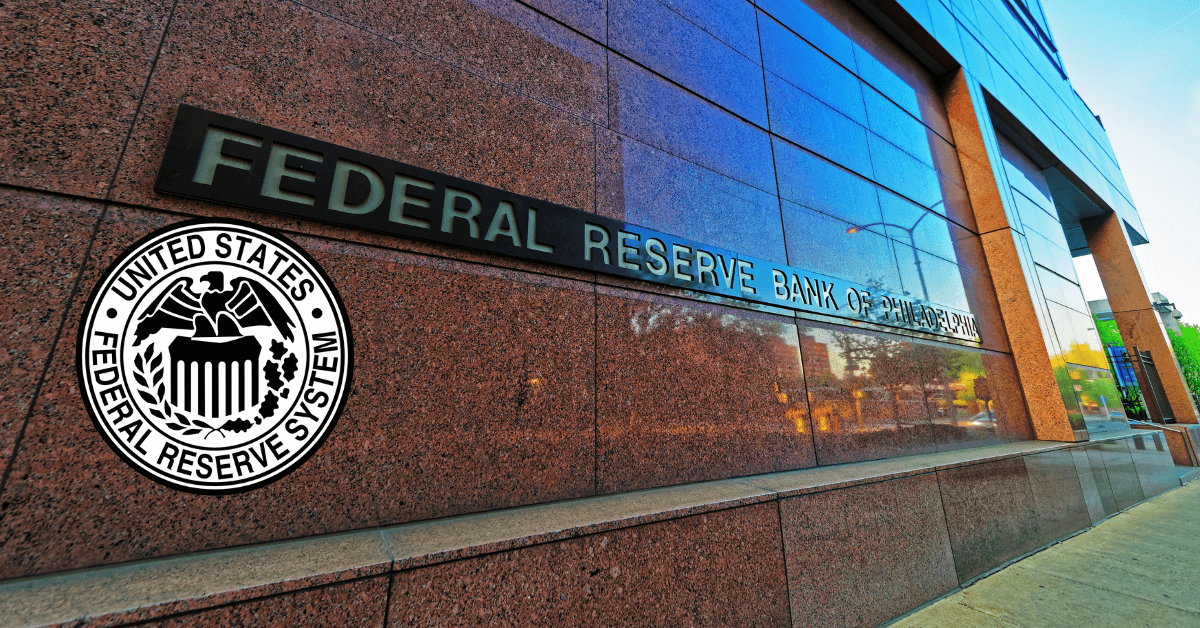Banking on Security: How to Choose the Safest Banks and Credit Unions for Your Money
When it comes to managing your finances, choosing a secure bank or credit union is essential. With recent bank failures and the rise of cyber threats and financial fraud, it’s more important than ever to ensure that your hard-earned money is safe and protected. In this blog post, we’ll discuss key factors to consider when choosing the safest banks and credit unions for your money.
Verify Insurance Coverage
One of the most critical factors when choosing a bank or credit union is whether it is insured by the federal government. In the United States, the Federal Deposit Insurance Corporation (FDIC) insures banks, while the National Credit Union Administration (NCUA) insures credit unions. This insurance protects your deposits up to $250,000 per account ownership category in case the institution fails. Always verify that your chosen bank or credit union is insured by checking their website or looking for the FDIC or NCUA logo.
Assess Financial Stability
A bank or credit union’s financial stability is another crucial factor to consider. Look for institutions with a long history of financial stability and strong capital ratios. You can find information about a bank’s financial health through resources like the FDIC’s BankFind tool or the NCUA’s Research a Credit Union tool. Additionally, independent rating agencies, such as BauerFinancial or Weiss Ratings, provide assessments of financial institutions’ stability.
Evaluate Online and Mobile Security
In today’s digital age, robust online and mobile security measures are essential to protect your financial information. Choose a bank or credit union that uses industry-standard security practices, such as encryption, two-factor authentication, and regular security updates. Ensure that their mobile app and online banking platform are easy to use and offer features like account alerts, secure messaging, and the ability to freeze your debit or credit card if lost or stolen.
Review Customer Service and Support
Responsive customer service and support are vital for resolving any issues or concerns regarding your account’s security. Look for banks and credit unions that offer multiple ways to contact customer service, such as phone, email, live chat, or social media. Read customer reviews and ask for recommendations from friends or family to get a better understanding of the institution’s reputation for customer service.
Consider Branch and ATM Accessibility
While not directly related to security, convenient access to branches and ATMs can impact the overall banking experience. Choose a bank or credit union with branches and ATMs near your home or work, or one that offers a wide network of fee-free ATMs. Additionally, some online banks and credit unions may reimburse ATM fees or have agreements with larger ATM networks, providing greater accessibility.
Analyze Account Features and Fees
Lastly, compare account features and fees among banks and credit unions to find the one that best suits your needs. Look for accounts with low or no monthly maintenance fees, minimum balance requirements, and other charges that can erode your savings. Some institutions may offer additional security features, such as identity theft protection or credit monitoring, which could be valuable in protecting your financial information.
Tips for Safeguarding Your Money
Once you’ve chosen a safe bank or credit union, follow these tips to further protect your money and personal information:
- Use strong, unique passwords for your online banking accounts and update them regularly.
- Enable two-factor authentication for added account security.
- Monitor your accounts regularly for suspicious activity and set up account alerts.
- Be cautious when using public Wi-Fi networks and avoid accessing your bank account on unsecured connections.
- Keep your devices updated with the latest security patches and antivirus software.
Conclusion
Choosing the safest bank or credit union for your money involves considering factors such as federal insurance, financial stability, online and mobile security, customer service, branch and ATM accessibility, and account features and fees. By thoroughly evaluating these factors and selecting an institution that aligns with your needs and values, you can ensure that your hard-earned money is protected.
After choosing the right bank or credit union, take additional steps to safeguard your money and personal information, such as using strong passwords, enabling two-factor authentication, and monitoring your accounts for suspicious activity.
In today’s increasingly digital world, banking security is more important than ever. By taking the time to research and select a secure financial institution and adopting proactive security measures, you can enjoy greater peace of mind and confidence in the safety of your financial future.









